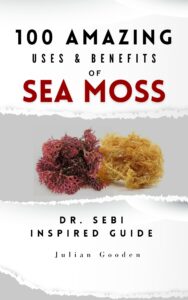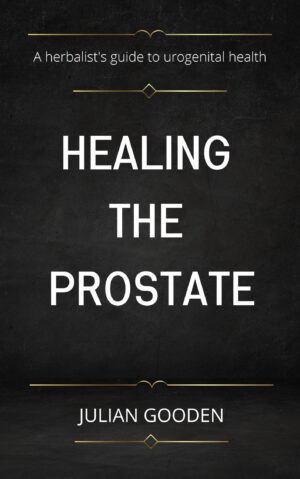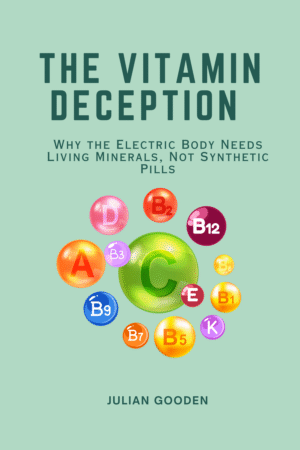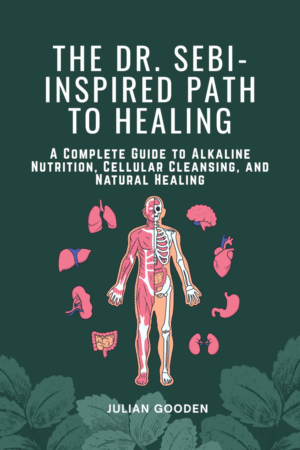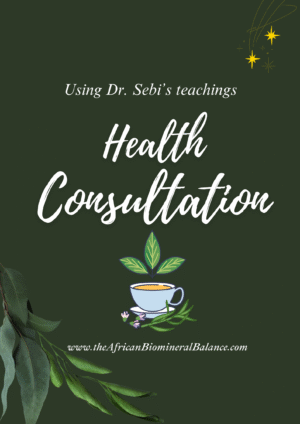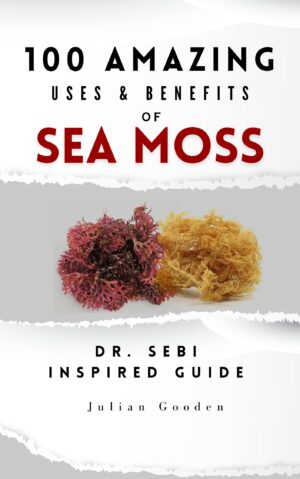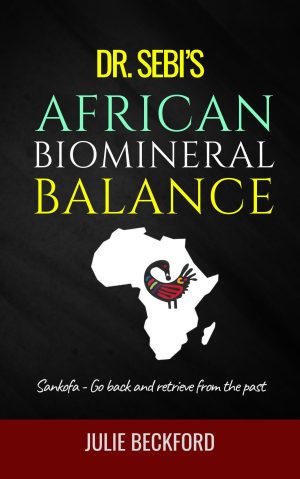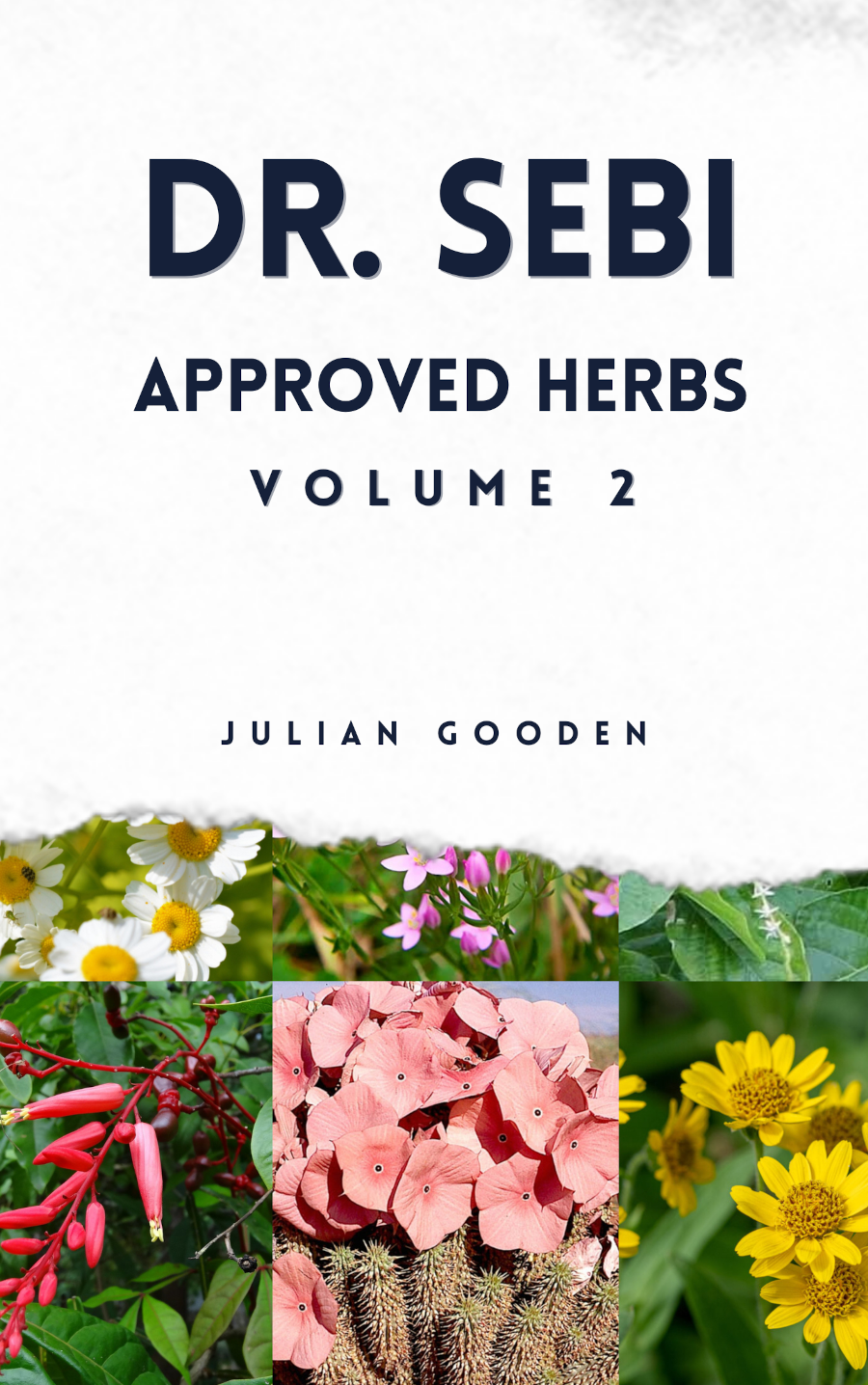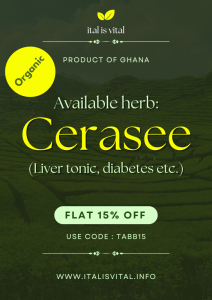The terms “natural” and “unnatural” are frequently used in discussions about health, food, lifestyle, and morality, but their meanings vary by context. This guide clarifies their distinctions, explores their implications, and provides practical insights.
Natural
Definition
Something that exists or occurs in nature without human intervention, artificial manipulation, or synthetic processing.
Examples
- Whole fruits, vegetables, and herbs grown without pesticides or genetic modification (e.g., heirloom tomatoes, wild dandelion greens)
- Spring water from a mountain source, free of contaminants
- Human emotions like love, fear, or joy, arising organically
- Plant-based remedies used in traditional medicine (e.g., ginger for digestion, chamomile for relaxation)
- Natural fibers like cotton, linen, or hemp used in clothing
Key Traits
- Derived from Nature: Sourced directly from plants, animals, minerals, or other natural elements.
- Minimal or No Processing: Retains its original form with little to no alteration.
- Biocompatibility: Often aligns with human biology, supporting bodily functions.
- Sustainability: Typically eco-friendly, biodegradable, and supportive of environmental balance.
- Cultural Significance: Valued in traditional and indigenous practices for holistic well-being.
Unnatural
Definition
Something altered, modified, or created by humans in ways that do not occur naturally in the environment, often involving synthetic processes or engineering.
Examples
- Processed foods with synthetic additives, preservatives, or artificial flavors (e.g., packaged snacks, sodas)
- Genetically modified organisms (GMOs) like engineered corn or soybeans
- Plastic and synthetic materials (e.g., polyester, PVC)
- Pharmaceuticals created through chemical synthesis (e.g., synthetic painkillers, lab-made hormones)
- Artificial intelligence systems or lab-grown meat
Key Traits
- Artificial or Man-Made: Created or heavily altered through human intervention.
- Chemical or Engineered Processes: Often involves complex manufacturing or genetic manipulation.
- Convenience and Scale: Designed for mass production, shelf stability, or economic efficiency.
- Potential Disruption: May interfere with natural biological or ecological systems over time.
- Innovation-Driven: Often tied to technological advancements or modern industrial needs.
General & Health Perspectives
Natural is Not Always Good
While natural substances are often perceived as safe, some can be harmful. For example:
- Poisonous plants like hemlock or deadly nightshade are natural but toxic.
- Arsenic, a naturally occurring mineral, is dangerous in high doses.
- Natural disasters like earthquakes or hurricanes highlight nature’s destructive potential.
The assumption that “natural” equals “safe” oversimplifies the complexity of nature. Discernment is key when evaluating natural substances.
The concern with unnatural substances often lies in their long-term impact on health or ecosystems, particularly when profit motives prioritize convenience over safety.
Dr. Sebi-Style Perspective
In natural health teachings, such as those inspired by Dr. Sebi, “natural” refers to foods and substances that are:
- Unaltered by humans (non-hybrid, non-GMO).
- Alkaline in nature, believed to support the body’s natural pH balance.
- Compatible with the body’s “electrical” system, promoting cellular health.
Conversely, “unnatural” substances like hybrid foods, GMOs, synthetic chemicals, or highly processed starches cause:
- Mucus buildup, leading to inflammation and disease.
- Acidity, disrupting the body’s natural balance.
- Chronic health issues due to incompatibility with human biology.
This perspective emphasizes whole, plant-based, alkaline foods (e.g., quinoa, amaranth, wild rice) and natural herbs (e.g., burdock root, sarsaparilla) for healing and vitality.
Broader Context
The natural vs. unnatural debate extends beyond health into ethics and culture:
- Environmental Ethics: Natural practices (e.g., organic farming) are often seen as more sustainable, while unnatural processes (e.g., industrial agriculture) may harm ecosystems.
- Cultural Narratives: Indigenous and traditional cultures often prioritize natural remedies and lifestyles, while modern societies lean on unnatural innovations for convenience.
Practical Applications
In Daily Life
- Food Choices: Opt for whole, unprocessed foods like fresh fruits, vegetables, and whole grains to maximize natural nutrition. Limit processed foods with artificial ingredients.
- Health Practices: Incorporate natural remedies like herbal teas or essential oils.
- Sustainability: Choose natural, biodegradable products (e.g., bamboo toothbrushes) or “chew sticks” over synthetic alternatives (e.g., plastic ones) to reduce environmental impact.
Evaluating Products
When deciding between natural and unnatural options, consider:
- Source: Is it derived from nature or synthetically produced?
- Processing Level: How much alteration has it undergone?
- Health Impact: Does it support or disrupt bodily functions?
- Environmental Footprint: Is it sustainable or harmful to ecosystems?
- Cultural Context: Does it align with your values or health principles?
Summary Table
|
Aspect |
Natural |
Unnatural |
|---|---|---|
|
Origin |
Nature (plants, animals, earth) |
Human-made or altered |
|
Processing |
Minimal |
Highly processed or synthetic |
|
Health Impact |
Often aligned with body systems |
May stress or harm the body |
|
Sustainability |
Usually eco-friendly, biodegradable |
Often polluting or non-renewable |
|
Dr. Sebi View |
Supports life & healing |
Contributes to disease |
|
Examples |
Heirloom vegetables, spring water, herbs |
GMOs, synthetic drugs, plastic, processed foods |
Dr Sebi’s Perspective
From Dr. Sebi’s perspective, the distinction between natural and unnatural is critical to understanding true health. He defined natural herbs and foods as those that are unaltered by man, alkaline, and found in nature in their original form, not manipulated in a lab or crossed through hybridization. Natural foods grow in harmony with the Earth’s electrical energy and support the body’s internal balance, promoting healing, vitality, and cellular regeneration.
In contrast, unnatural herbs and foods such as hybrids, genetically modified organisms (GMOs), and heavily processed items are considered acidic, mucus-forming, and ultimately toxic to the human system. These man-made creations disrupt the body’s electrical structure and lead to disease. For Sebi, true healing could only come through a return to nature, using only those plants and foods that are in their original, electric, and alkaline state.




